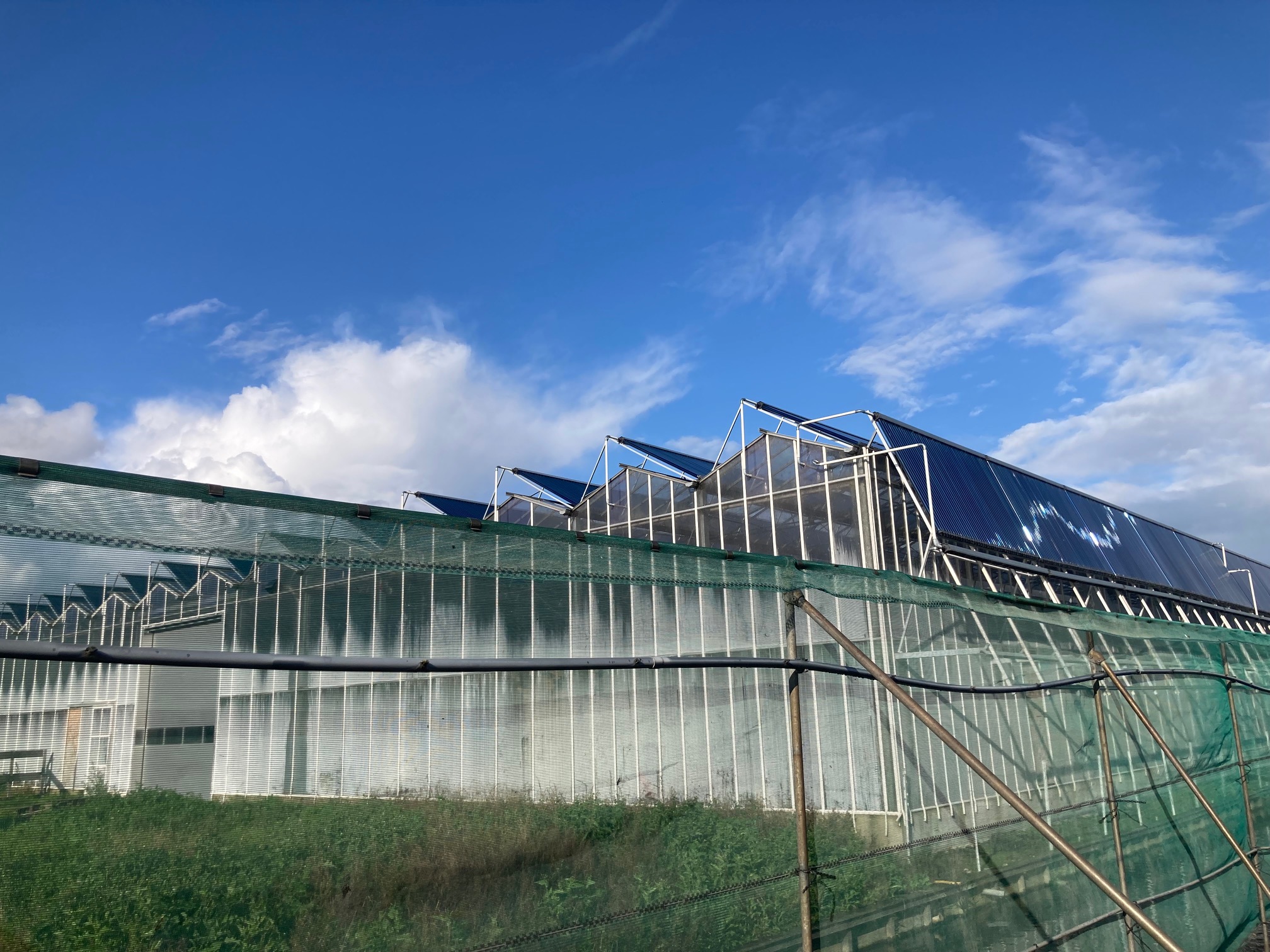Employers’ organisation AWVN calls for nuance in labour debate

Employers’ organisation AWVN says it is concerned about the “negative sentiment” surrounding labour migration and is calling for a more nuanced discussion about the pros and cons of bringing in foreign workers.
The comments come after the head of the social affairs ministry’s inspectorate said bringing more people to the Netherlands to do low-skilled work in slaughterhouses and distribution centres will only increase the “miserable working and living conditions” many people find themselves in.
Much of the negative tone focusing on poor working conditions and housing, and concerns about the impact on public services is justified, the AWVN said in a new report. However, “a highly-educated ASML worker is quite different to someone who comes to work in the greenhouses,” a spokesman told the Financieele Dagblad on Monday.
By differentiating between different sorts of migration, the focus on the potential negative side effects can be improved and more targeted solutions can be found, the spokesman said.
Chief inspector Rits de Boer De Boer has spoken out about the exploitation of mainly eastern Europeans before and has called for a rethink of the country’s economic strategy. “It is important that when we are looking at new industry, that we look at the downside as well as the economic benefits,” he told the Volkskrant last week.
“Labour migration may lead to growth in GDP on paper, but the costs such as the pressure on the housing market, education, energy provision, healthcare, are not priced in,” he said. “But local authorities should take these negative effects into account when they decide about permits.”
The AWVN says the government needs to show consistency. Changes to the 30% ruling and the discussion about the use of English in universities are hurting the Netherlands’ reputation as a good place to do business, the spokesman said.
In addition, taking speedy decisions about winding down or moving some industries will have a far wider impact, the agency said.
For example, the greenhouse industry, which employs many foreign workers, generates added value of €8 bn a year for the Dutch economy and supports a large ecosystem, stretching from seed firms to Wageningen University, the spokesman said.
Thank you for donating to DutchNews.nl.
We could not provide the Dutch News service, and keep it free of charge, without the generous support of our readers. Your donations allow us to report on issues you tell us matter, and provide you with a summary of the most important Dutch news each day.
Make a donation